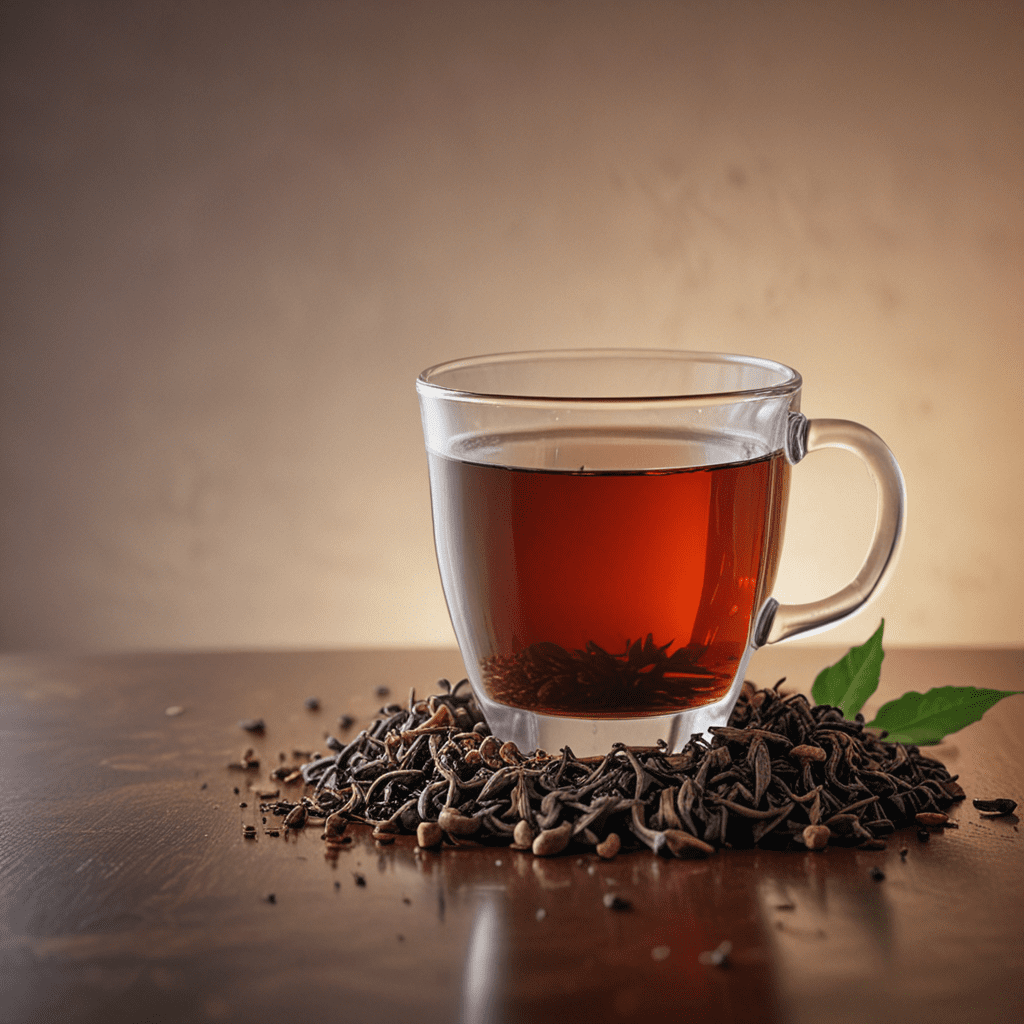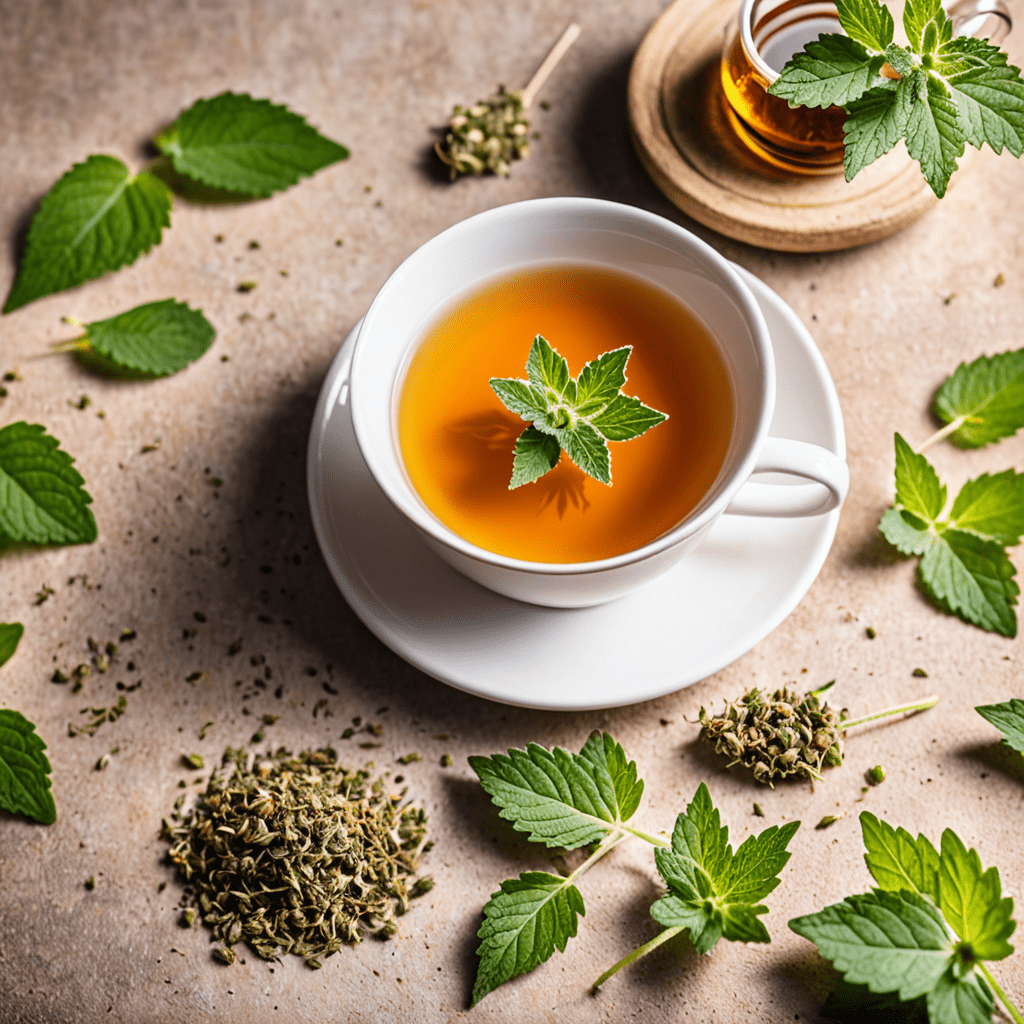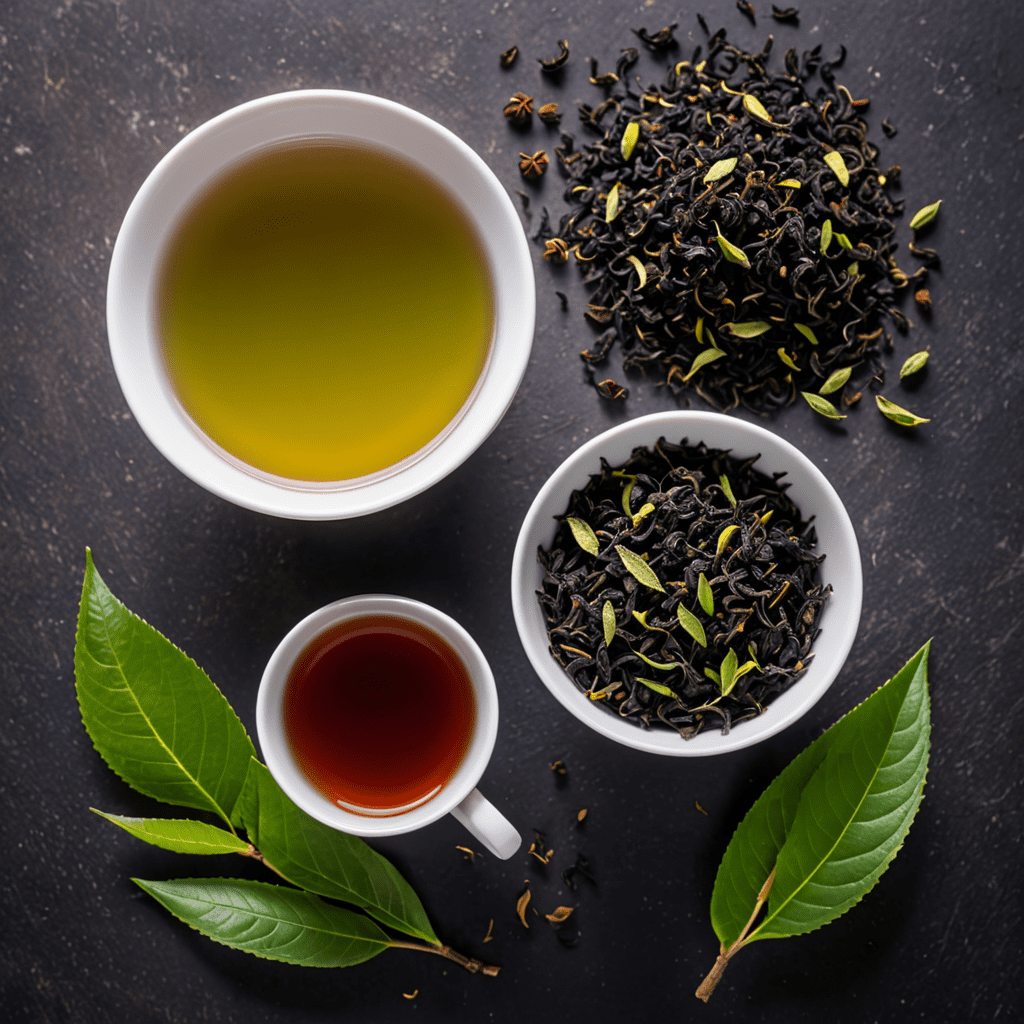Assam Tea: A Taste of India
1. A History of Assam Tea
Assam tea, a global symbol of Indian excellence, has a rich and fascinating history. Its origins lie in the verdant Brahmaputra Valley of Assam, tucked away in India's sun-drenched northeast. Tea cultivation in Assam took root in the mid-19th century, with the discovery of indigenous tea plants by British explorers. These plants, known for their robust character and full-bodied flavor, marked the beginning of a thriving industry. Today, Assam tea is renowned worldwide for its distinct taste, captivating aroma, and myriad health benefits.
2. Assam’s Unique Geography and Climate
The tea gardens of Assam flourish amidst the Brahmaputra Valley's unique blend of geographical and climatic conditions. The region's alluvial soil, abundant rainfall, and warm, humid climate provide an ideal setting for tea plants to thrive. Nestled among the foothills of the Himalayas, these gardens bask in the sun's nourishing rays, while the surrounding hills protect them from extreme weather conditions. This optimal environment nourishes the tea plants, contributing significantly to the characteristic flavors and invigorating brews that Assam tea is celebrated for.
3. The Varieties of Assam Tea
Assam tea is a diverse blend of sub-varieties, each offering its unique interpretation of flavor and aroma. Among the most notable are the Assamica and Sinensis varieties. Assamica, known for its robust, malty character, is the original tea plant discovered in the Brahmaputra Valley. Sinensis, on the other hand, brings a more subtle, delicate taste to the mix. Blends of these varieties result in a wide range of flavor profiles, catering to diverse taste preferences. Whether one seeks a strong, full-bodied brew or a lighter, more nuanced experience, Assam tea offers something for every tea enthusiast.
4. The Tea Estates of Assam
The tea estates of Assam are a testament to the region's vibrant tea culture. Sprawling across vast tracts of land, these estates are a harmonious blend of tradition and modernity. They employ skilled workers who meticulously nurture the tea plants, ensuring optimal growth and quality. The estates also house processing facilities, where the harvested leaves undergo a series of steps to transform them into the exquisite tea we enjoy.
5. The Process of Cultivating Assam Tea
Cultivating Assam tea is an intricate process that demands skill, patience, and a deep understanding of the tea plant's needs. It begins with the meticulous selection of seeds and planting them in specially prepared nurseries. As the plants mature, they are transplanted into the tea gardens, where they receive careful attention and nourishment. Pruning, fertilization, and pest control are crucial aspects of maintaining healthy tea bushes and ensuring a bountiful harvest. The tea pluckers, often women, deftly harvest the tender tea leaves, marking the culmination of months of meticulous care.
6. Harvesting and Processing Assam Tea
Harvesting and processing Assam tea is both an art and a science. The tender tea leaves are plucked, or 'tipped,' by hand, a practice that ensures only the freshest, highest quality leaves are selected. The harvested leaves then embark on a journey of transformation. They undergo a series of meticulous steps, including withering, rolling, oxidation, and drying. These processes bring out the characteristic flavor, aroma, and color that define Assam tea.
7. The Flavor Profile of Assam Tea
Assam tea presents a symphony of flavors that delight the senses. It boasts a robust, malty base with hints of spice and a refreshing astringency. Its full-bodied character makes it a perfect choice for those who savor bold, satisfying brews. Whether enjoyed black or with milk and sugar, Assam tea is a versatile beverage that pairs well with a wide range of culinary delights.
8. The Health Benefits of Assam Tea
Beyond its captivating flavor, Assam tea offers an array of health benefits. It is rich in antioxidants, which help combat cell damage and guard against chronic diseases. The tea's caffeine content provides a gentle boost, promoting alertness and mental clarity. Additionally, Assam tea contains compounds that support digestion, reduce inflammation, and may aid in weight management.
9. Brewing the Perfect Assam Tea
The art of brewing Assam tea is a rewarding experience. To savor its full flavor, start with fresh, cold water and heat it to a rolling boil. Add one teaspoon of loose tea leaves per cup (or one teabag) to a teapot or infuser. Pour the boiling water over the leaves and allow them to steep for 3-5 minutes, depending on your desired strength. Remove the leaves or teabag and savor the rich, invigorating brew.
10. The Cultural Significance of Assam Tea
Assam tea is deeply entwined with the cultural fabric of Assam. It plays a central role in social gatherings, where families and friends bond over cups of freshly brewed tea. Tea gardens are not merely places of cultivation but also vibrant communities, where workers and their families live and thrive. Assam tea is a symbol of the region's heritage, a source of livelihood, and a cherished part of everyday life.
FAQs
What is the difference between Assam tea and other types of tea?
Assam tea is known for its robust, malty flavor and full-bodied character, which distinguishes it from other varieties like Darjeeling tea or Earl Grey.Can Assam tea be brewed with milk and sugar?
Yes, Assam tea pairs well with milk and sugar, making it a versatile beverage enjoyed by many.Are there any health benefits to drinking Assam tea?
Assam tea contains antioxidants that support overall well-being and may aid in digestion, weight management, and mental alertness.
How long should Assam tea be steeped?
For optimal flavor, steep Assam tea leaves for 3-5 minutes in freshly boiled water, depending on your desired strength.What is the best way to store Assam tea?
To preserve its freshness and flavor, store Assam tea in an airtight container in a cool, dry place, away from direct sunlight and heat.



